Learn all about digital marketing on an advanced level that adds value to your resume!
Learn Digital Academy has been Bangalore’s Leading Training Institution in Digital Marketing and we are proud to have successfully secured jobs in Digital Marketing for talented individuals in Multi-National Corporations.
We provide
We believe the best way to learn Digital Marketing is by doing practically on Live Projects. We train students to be leaders by giving them the power to be the master’s in Digital Marketing in 2019.
In order to be highly flexible for students, we have modified our Training Curriculum to be suitable for weekenders as well as weekday students. Although we are 5 years in the Digital Marketing Training and Consulting, we have already garnered immense appreciation both from aspirants as well as Industry Leaders.
We have Partnered with corporations to become a reputable provider of trained candidates.
Learn Digital Academy is a dedicated Digital Marketing Institute that provides, a comprehensive Digital Marketing learning experience involves Training, Certification, Internships, and Placement in a reputable Digital Marketing firm.
Learn Digital Academy believes in Quality Education and value for money. We follow a strictly goal-oriented teaching curriculum through Live Projects and practical Coursework so that students can see for themselves, the results of putting Digital Marketing strategies into practice.
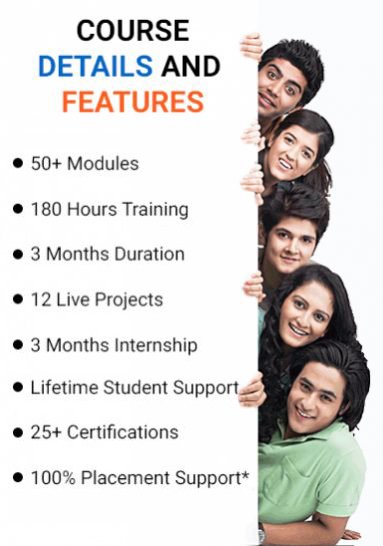
We have designed a Master Course in Digital Marketing for you that will help you become a leading marketing specialist. This course covers all the essential topics that one needs to know. Learn Digital Academy comes under the top 10 digital marketing institutes in Bangalore. Join our Digital Marketing Master Course, where we offer free tools and software worth Rs. 1.20 lac + 100% placement assistance.
Our master course module covers the course modules from Fast Track course + Short Term Course + Advance Course + Diploma in DM. This course is designed to make you an expert in digital marketing.


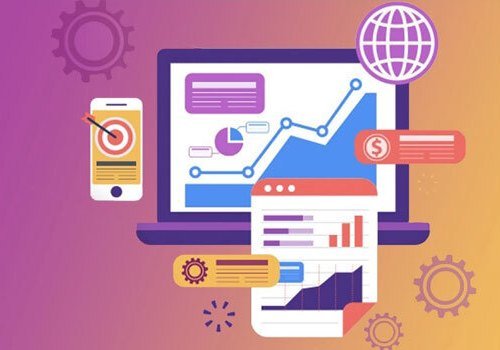
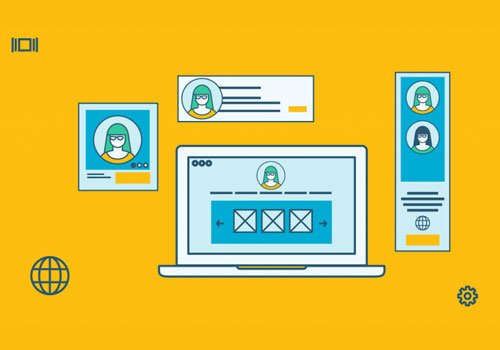
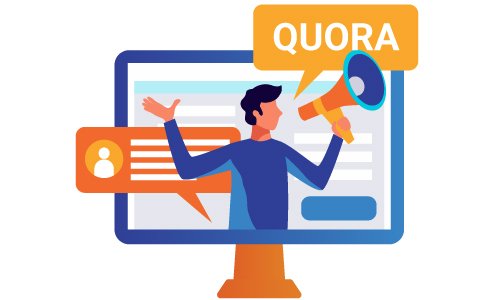

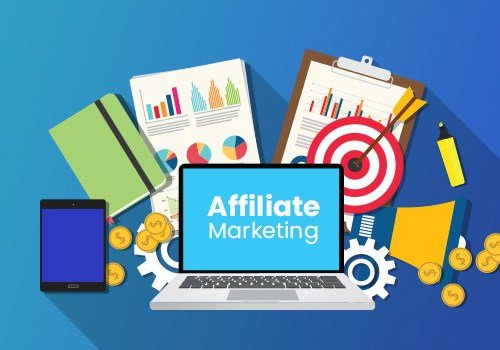
Affiliate marketing is a process in which the owner of a product boosts its sales by allowing “Affiliates” to recommend their products to others. In return for recommending products, these affiliate marketers earn a commission.
Affiliate marketing is a tactic in which the merchant shares a unique link to the affiliate. The affiliate marketer then shares that unique link on blogs, social media accounts, or on a website in order to promote that product to his/her audience and try to convince them to purchase that product through that link. If the customer ends up buying the product then the affiliate marketer earns a commission for that.
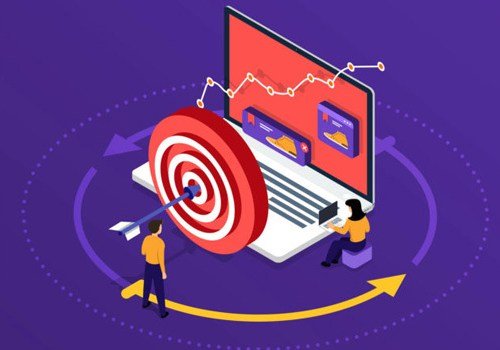
Marketing Automation is a process of using tools and technologies to manage repetitive marketing processes, tasks, campaigns, and other marketing works automatically. Through marketing automation tools one can automate repetitive tasks such as social media posting, email marketing, ad campaigns, etc. for more efficiency in work by minimizing manual actions.
One of the best things about marketing automation is that it saves time so that more time can be given to crucial works like marketing strategy, workflow planning, and many more.

Personal branding is a practice of promoting a person and his/her career. It is a process of creating and influencing public perception for an individual, group, or organization. It is an act of creating a good perception in the mind of the public about an individual by positioning them as an authority in their industry.
The process of personal branding involves finding your qualities, polishing your qualities, and building a reputation in public on things you are known for.
Personal branding is equally important as your industry and professional status. It has the power to open new opportunities for you.
The process of personal branding sometimes feels quite overwhelming, but once you have built a strong personal brand, then you can yourself feel the change in your personality. It will make you stand out from everybody else. It gives you the opportunity to show your audience your skills and strengths.
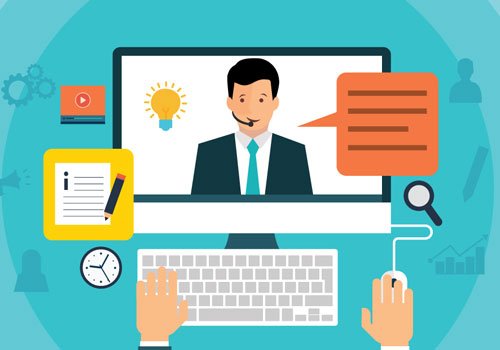
Webinar marketing is nothing but using online meetings and presentations to communicate your ideas and thoughts to your potential customers. Through webinar marketing, a company can generate plenty of leads from one activity. It is a space for you to educate, inform, and promote your business’s product and services to your customers.
Webinar marketing is a great way to engage with your customers. It is similar to a demo and training session. In webinar marketing, the customer could ask questions and the company will provide solutions to their customer’s queries.
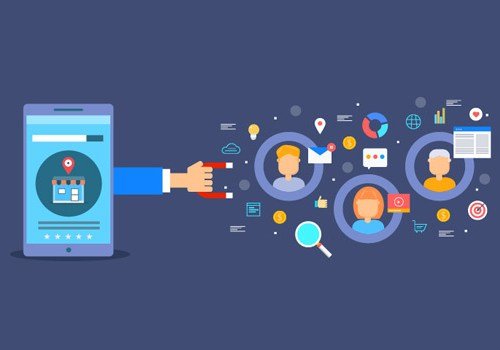
Inbound marketing is a process of helping your potential customer find your company by creating quality and relevant content. It is a process of growing an organization through building meaningful relationships with the customers. Inbound marketing is a marketing strategy that not only utilizes content marketing but also focuses on blogs, events, social media marketing, and search engine optimization.
The best thing about inbound marketing is that it is permission-based marketing. In inbound marketing, you communicate to your audience via mediums in which the audience themselves has permitted you to communicate.
Examples: subscription-based email marketing, subscription-based webinars, blog subscribers, etc.
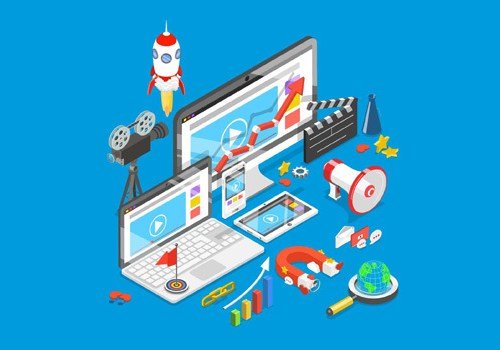
Retention marketing is a strategy implemented to build the existing customer stronger. It is nothing but a strategy to keep your customers engaged, satisfied, and loyal to you. The ultimate goal of retention marketing is to encourage your customer to do repeat purchases from you.
Retention marketing tactics enable you to build a long-lasting relationship with your customers who will become loyal to your brand.
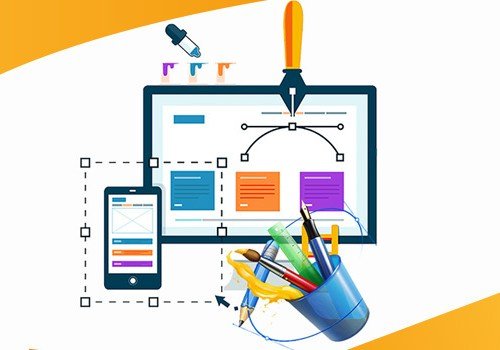
Viral marketing is a business strategy in which different social channels are used to promote a business. It is a process of sharing information regarding some product or service to people using social networks, who then share that information with other people in their social networks.The ultimate aim of any viral marketing is to achieve an efficient distribution over the different social networks.
How viral marketing works?
It is very simple to carry out viral marketing campaigns. All you have to do is create a quality and unique content which is attractive to your audience. Upload that content on the internet and promote it. After that all you can do is wait for it to go viral. The content that you create should be so engaging and relevant that people can’t help and share it with their friends.
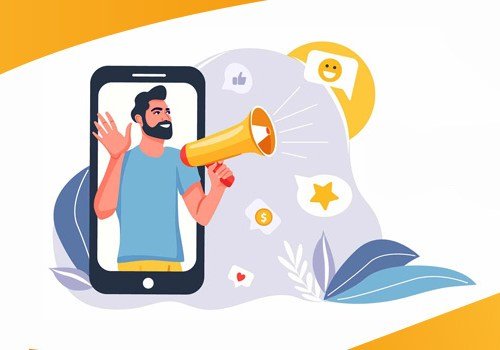
Influencer marketing is a type of marketing in which a brand collaborates with online influencers to market its product or services. In influencer, marketing businesses use a person ( influencer) who has the power to affect the purchasing decision of the public through their knowledge and relationship with his/her audience.
Anyone can become an influencer, all they need is a good number of followers in a distinct niche on social media and the capability to keep them engaged.
Why is influencer marketing important?
Now, let’s create an influencer marketing strategy:
In this course, you will learn:

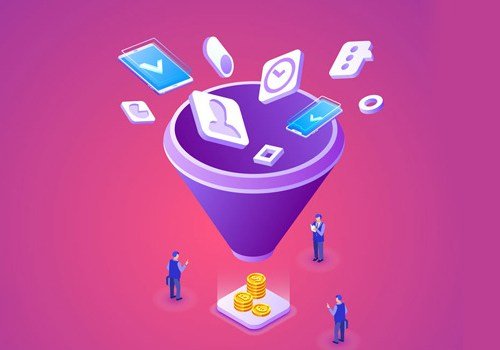
Sales funnel is a step-by-step process that companies lead customers through when purchasing products. Through each step of the sales funnel, the customer comes closer to your product. There are several steps in the sales funnel, known as the top, middle, and bottom of the funnel.
The 4 basic stages of the sales funnel are:
The ways through which you can read your target audience and improve your brand visibility are:
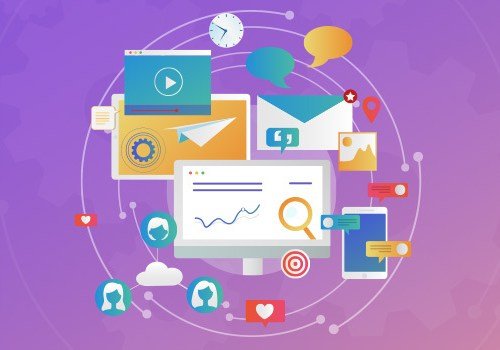
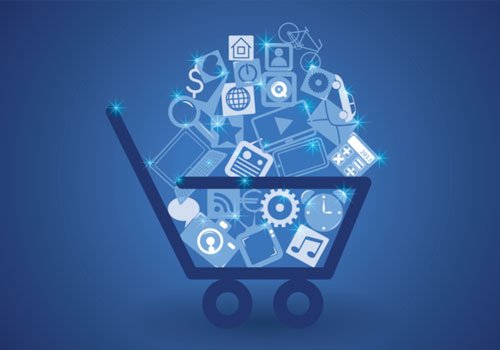
Media buying is the process of buying media space for advertising. It is an activity of bringing a brand message to its targeted audience. The media buying process involves strategy, negotiation and placements of ads. The main purpose of media buying is to focus on increasing the conversion rate and decreasing your cost per conversion. It is all about finding the right place, time and context to deliver the ad to the right audience and enhance sales, ROI and brand awareness of the business.
Points to keep in mind while executing media buying:
Some of the best platforms for media buying:
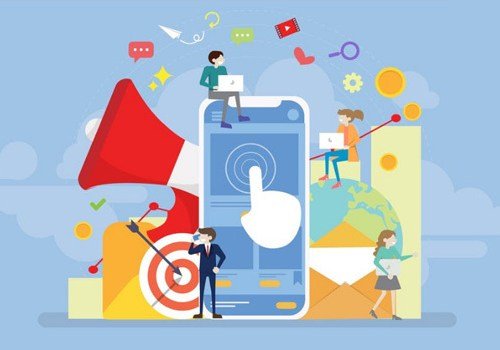
Video creation is simply a process of creating videos. The process of video creation consists of three phases: Pre-Production, Production, and Post-Production.
Let’s see in detail about these processes of video creation:
Pre-Production: this process is all about preparation and setting the groundwork for your video. In this phase, it is very essential to do the planning and research for your video creation to make it a successful project.
This pre-production phase includes:
Production: now when the preparation of video creation is complete, it’s time for the production of the video. In this phase, the production of the video will begin.
This production phase includes:
Post- Production: Once you finished shooting you will have to begin editing work. For editing your video you can use any editing program depending on the need and time you have.
This phase includes:
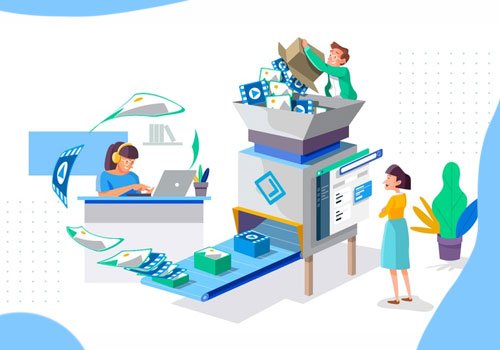
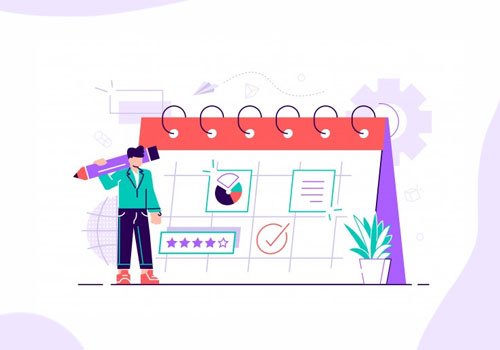
An ideal customer – their behaviour pattern, their interest, needs, how many times they buy from you, what they buy, how much they spend – all these adds up to a buyer persona. It is determined by using Google Analytics and insights in social media apps. Understanding buyer persona helps a brand create relevant content, strategise their marketing and improve it. Buyer persona can also influence the activities that happen in a brand like packaging, designing, remarketing, etc.
Even though marketing strategy is well executed but targeted to the wrong audience, it will be a waste of time as sales will not reach expectations. There are different types of buyer personas and brands target only those whom they want as customers, with the help of contact database and insights. They research all kinds of customers to leave out negative buyer personas, customers that are not ideal and save cost on marketing and advertising to all kinds of customers. Brands can customise a marketing strategy to target a specific buyer persona and improve the sales.
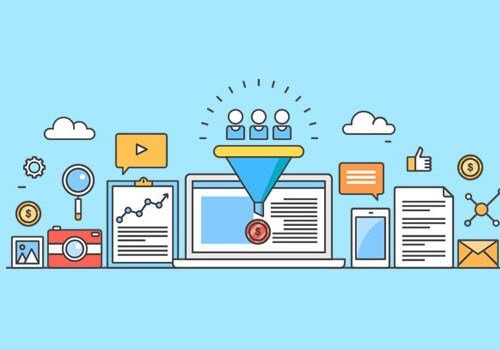
A conversion rate is the percentage of visitors who complete a desired action on your website. The desired action may be, filling out a form on your website, subscribing to a service, purchasing a product, etc.
Conversion rate optimization is the process of optimizing your website or landing page to boost your conversions. Conversion rate optimization is focused on making the visitors of your website take the desired action. It helps you boost your number of leads, increase revenue, and lower acquisition costs.
A high conversion rate indicates that your website is well designed, formatted effectively, and is appealing to customers.
How to optimize your conversion rate?
Let’s take a look at how to optimize your conversion rate for better results.
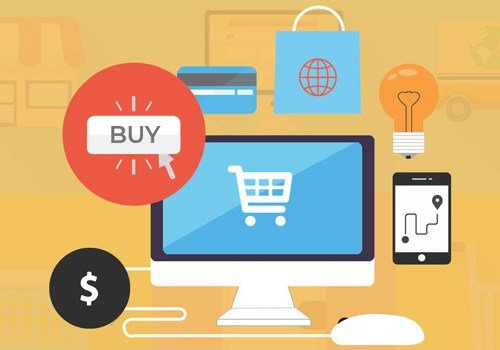
What is an ECommerce store?
Ecommerce is also known as electronic commerce. Ecommerce is a business model and here all the transactions take place over the internet. Those stores where the products are sold online are called e-commerce stores.
How to do the branding of e-commerce stores?
The different types of e-commerce models are:


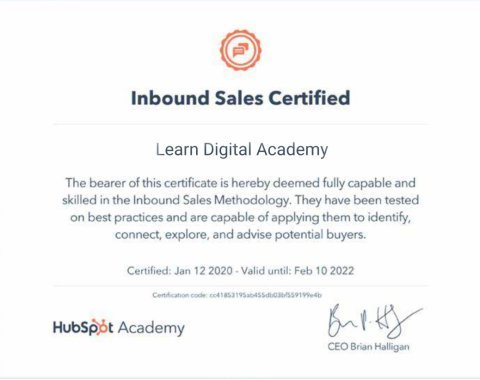
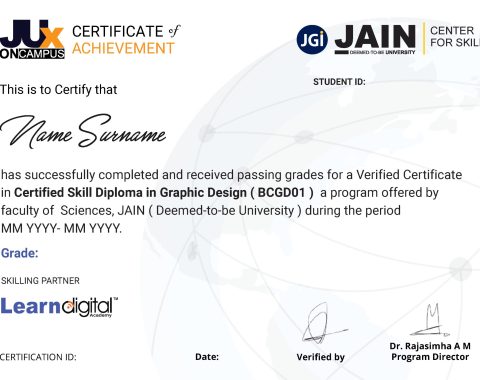
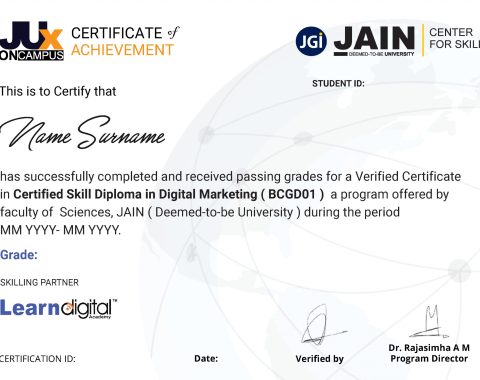
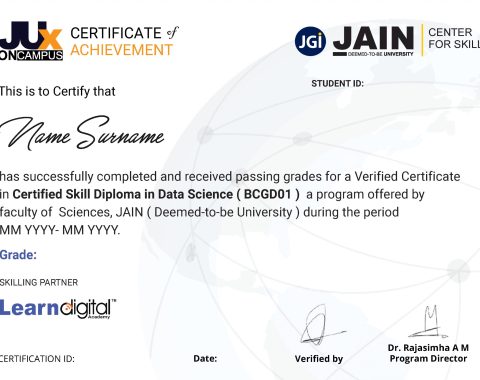
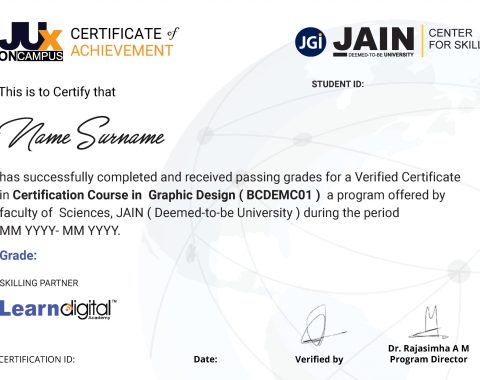
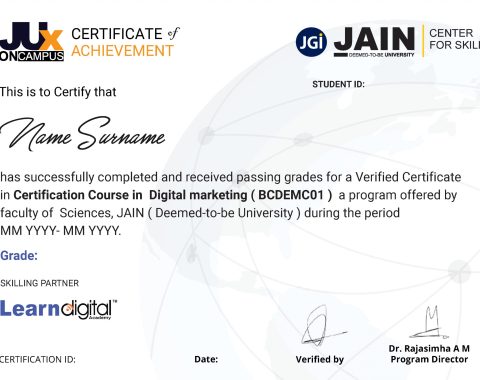
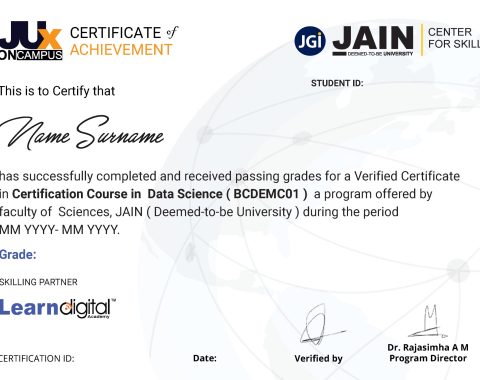
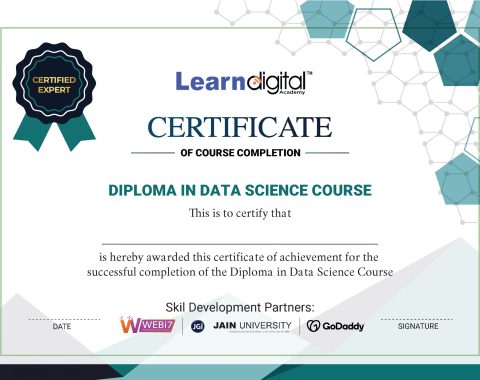
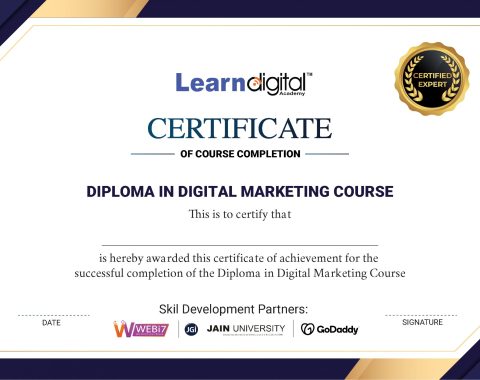
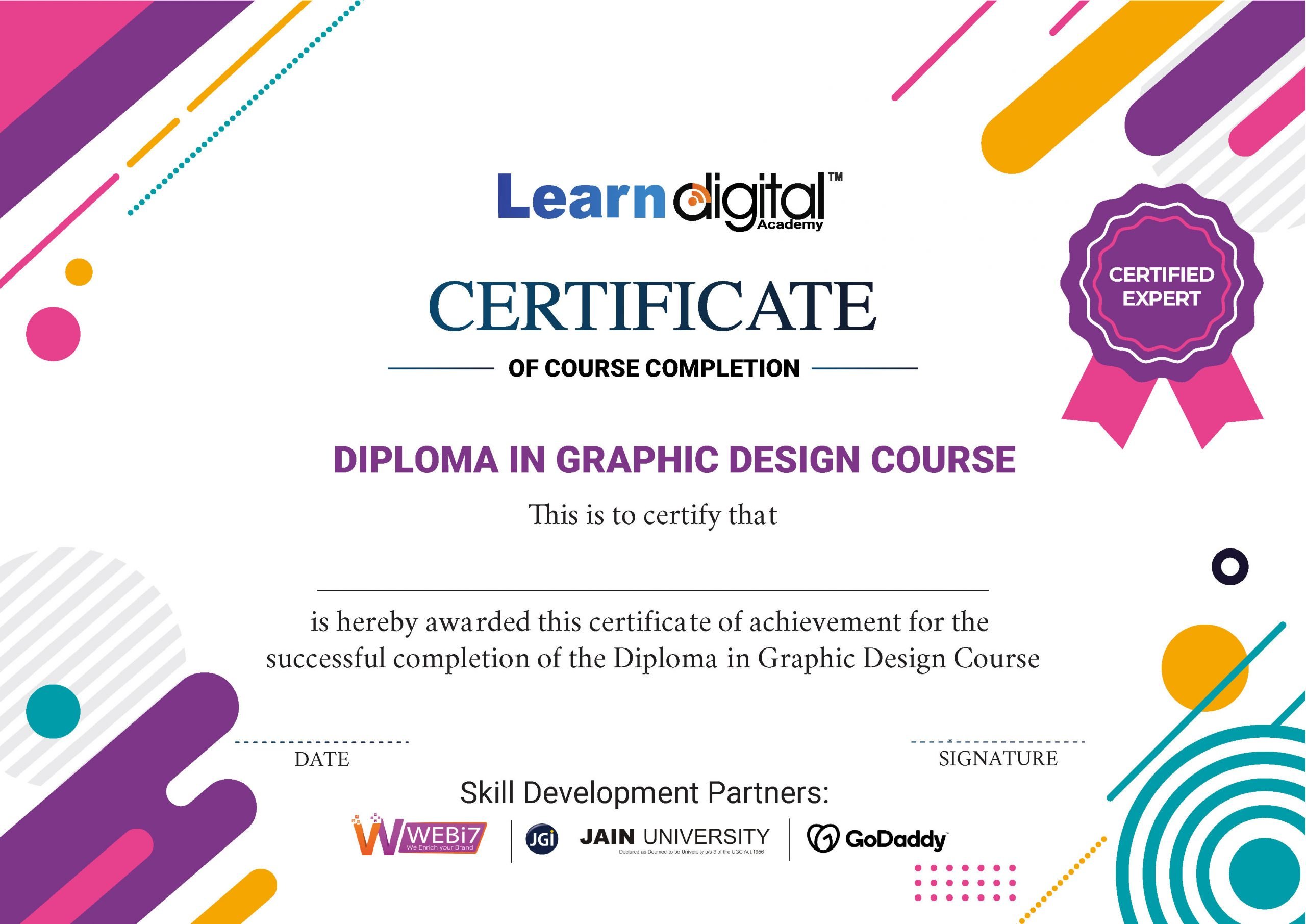
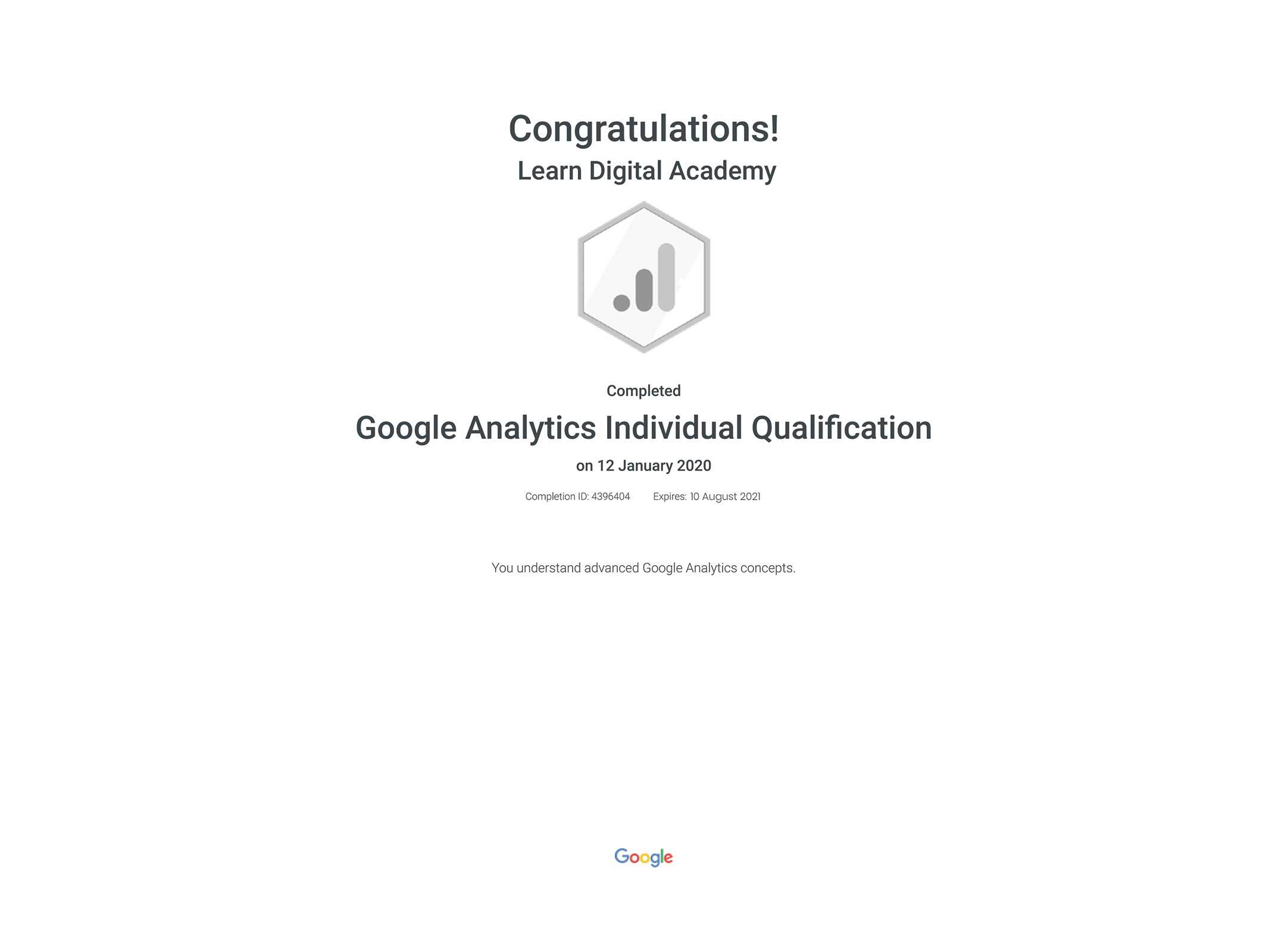


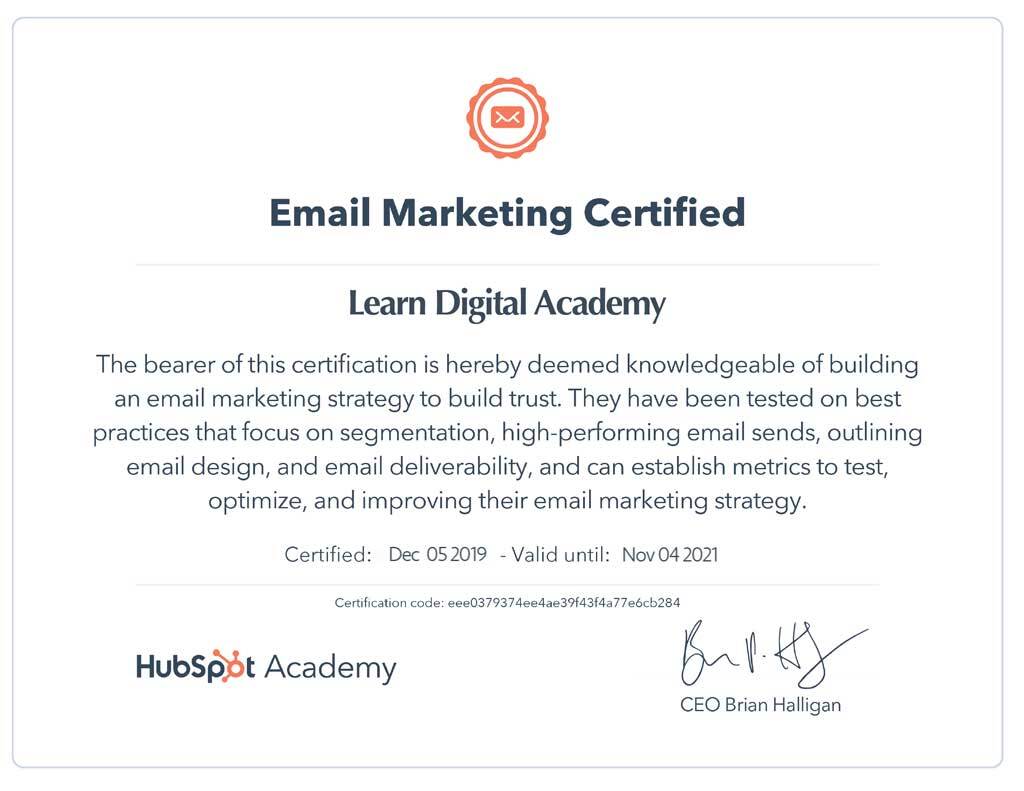
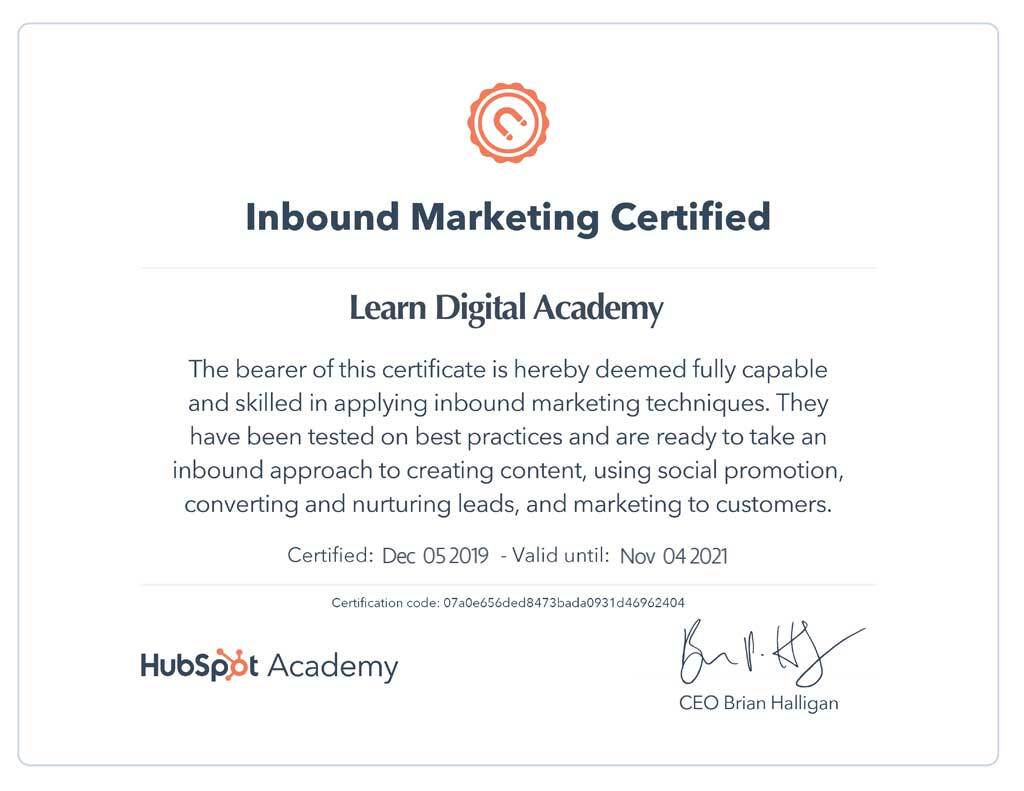
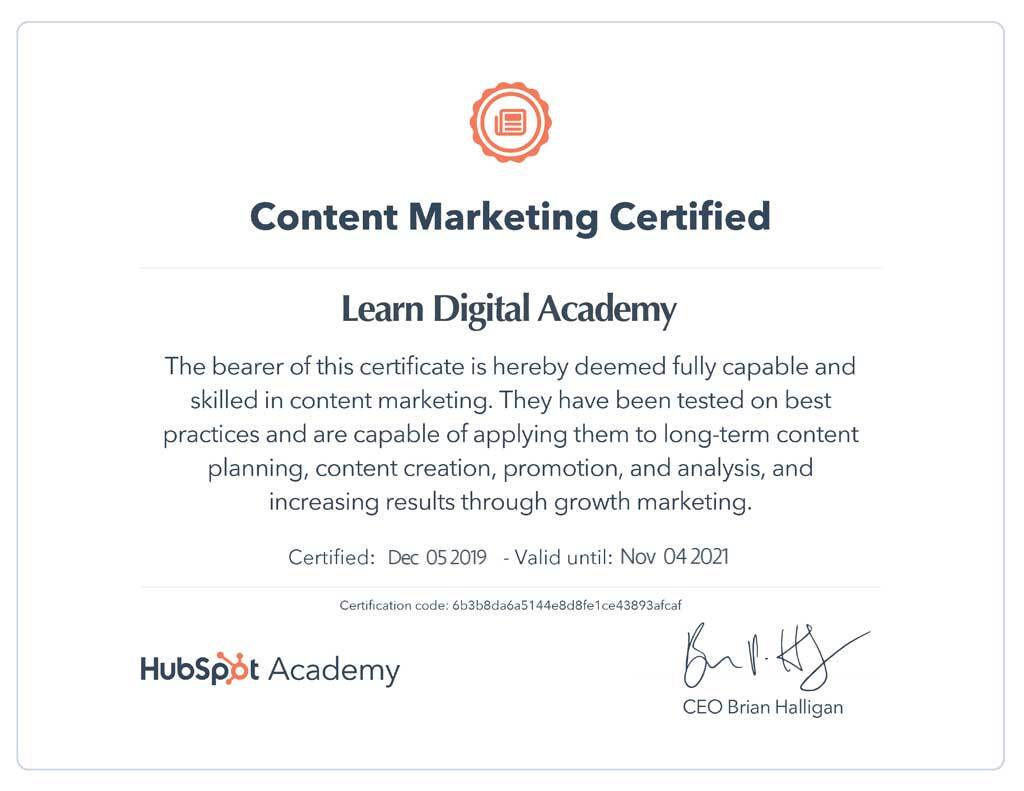
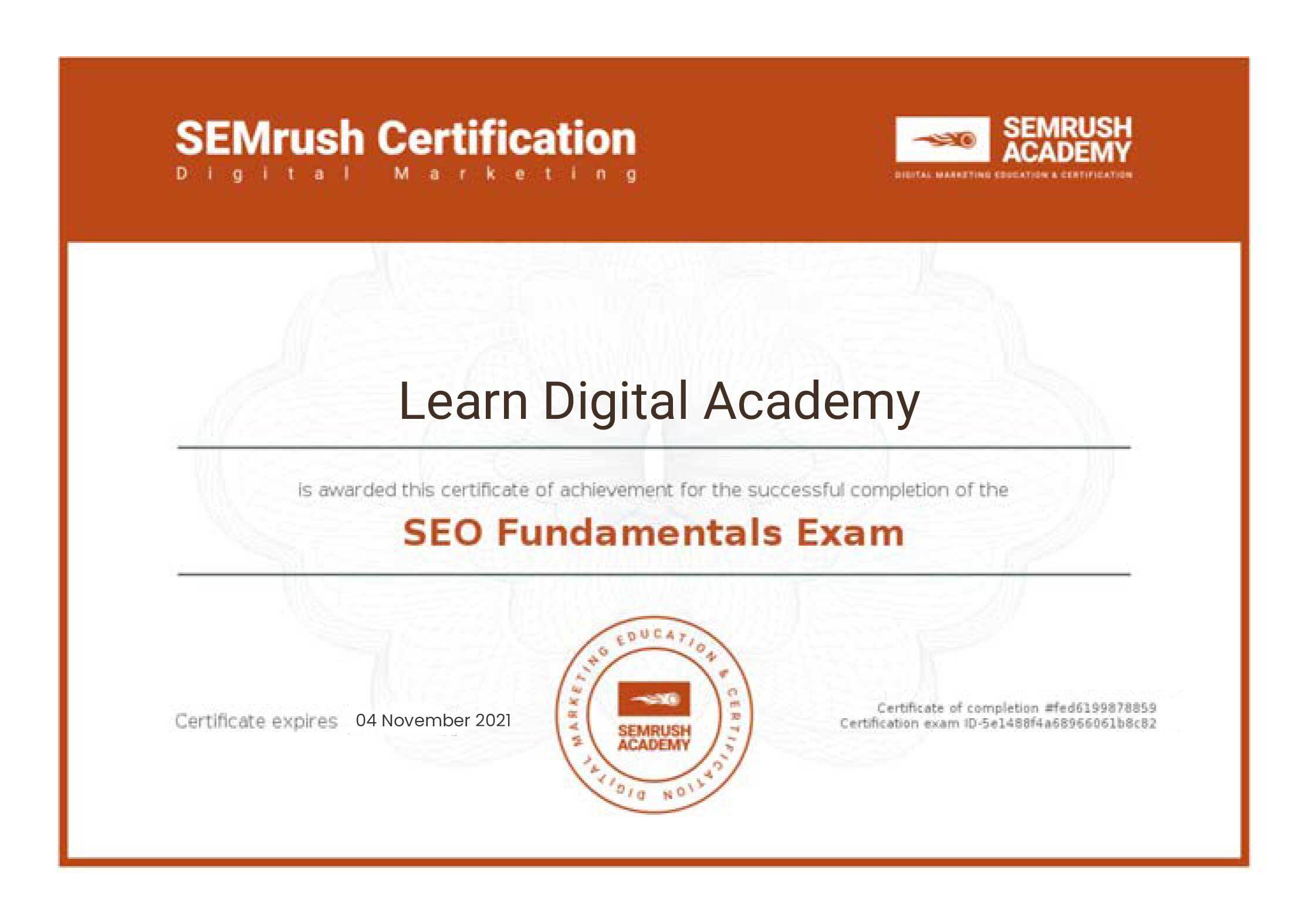
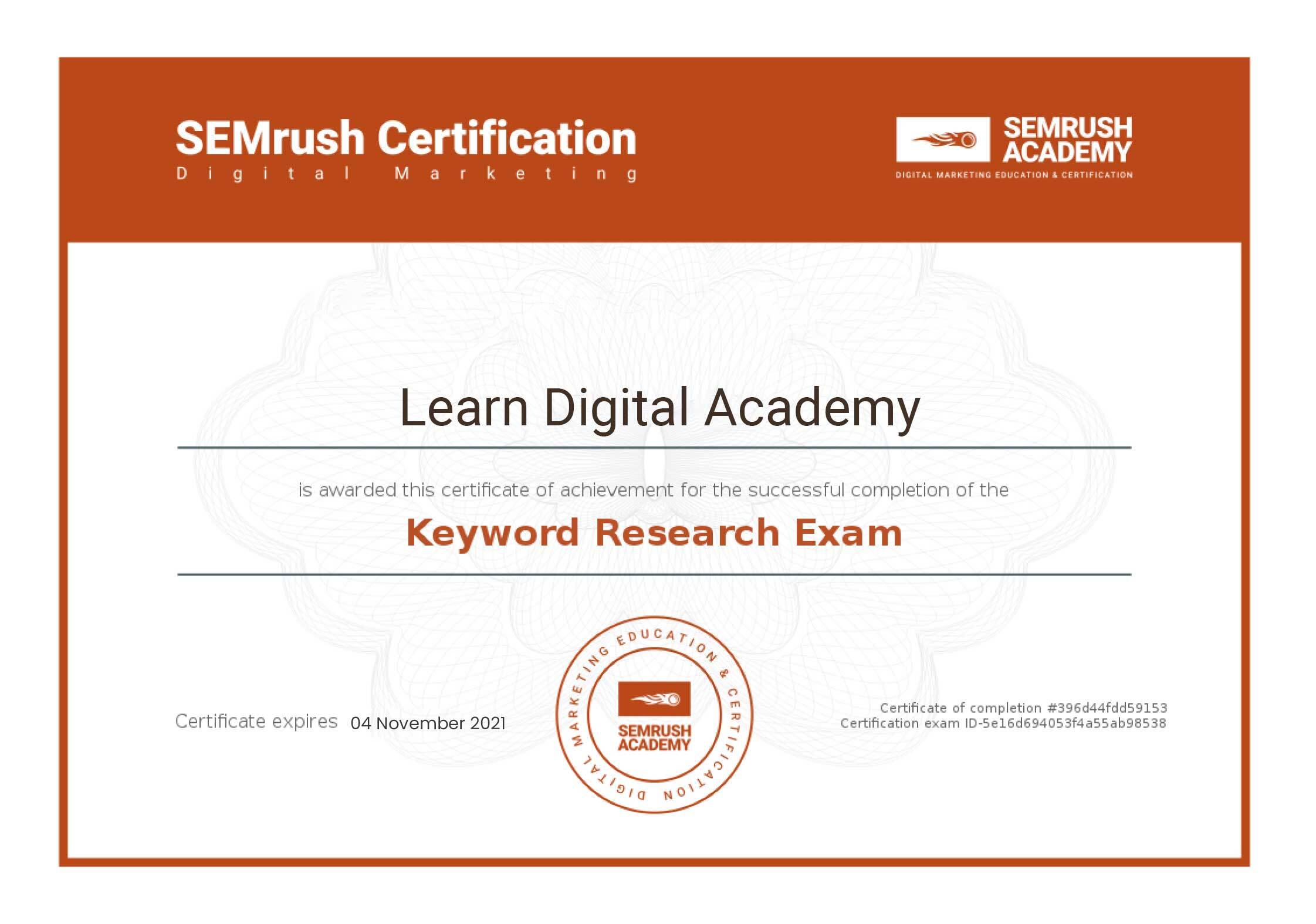

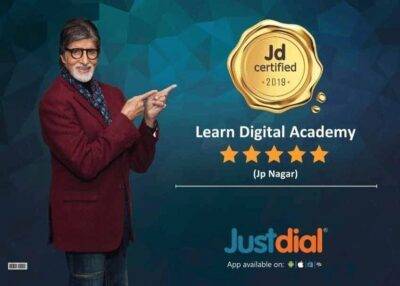
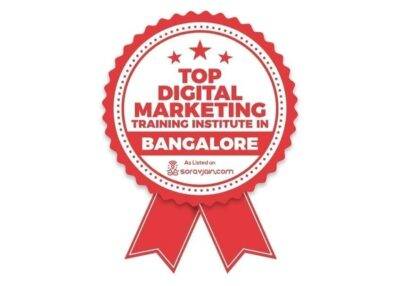
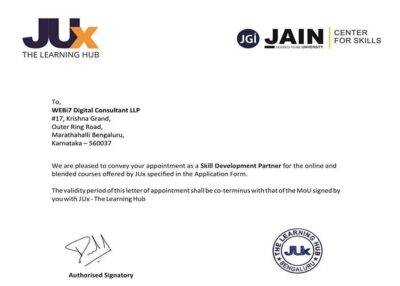
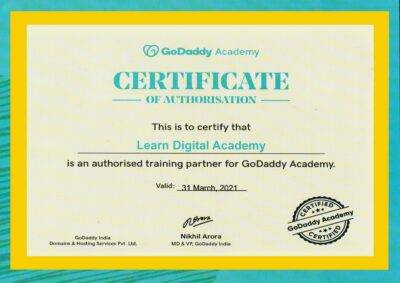
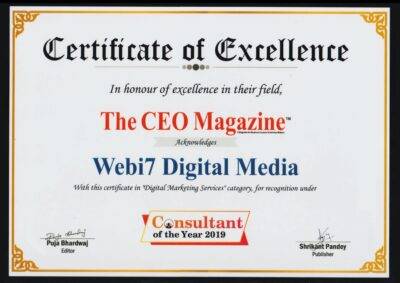
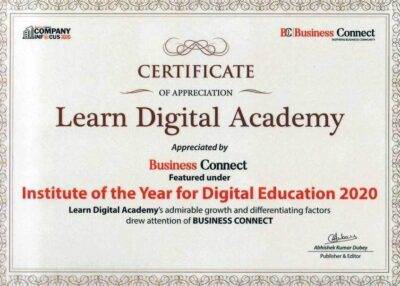



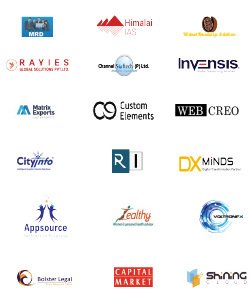
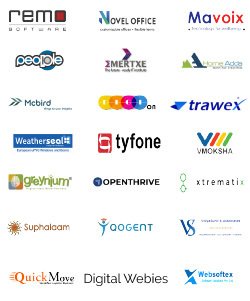
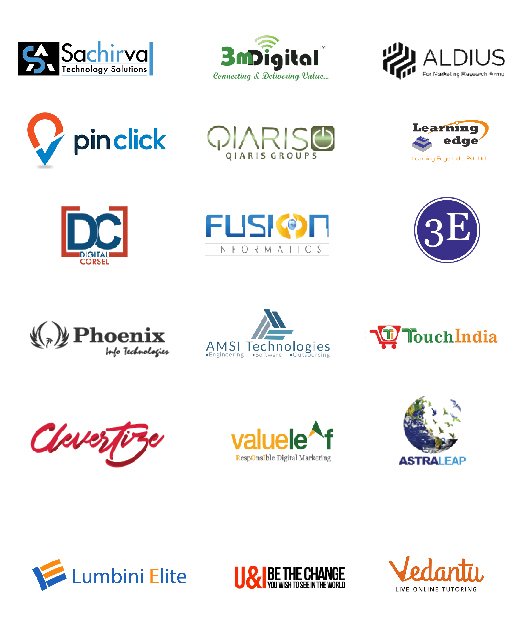
Copyrights © 2021 Learn Digital Academy. All Rights Reserved. Powered By Webi7
Copyrights © 2021 Learn Digital Academy.
All Rights Reserved. Powered By Webi7
